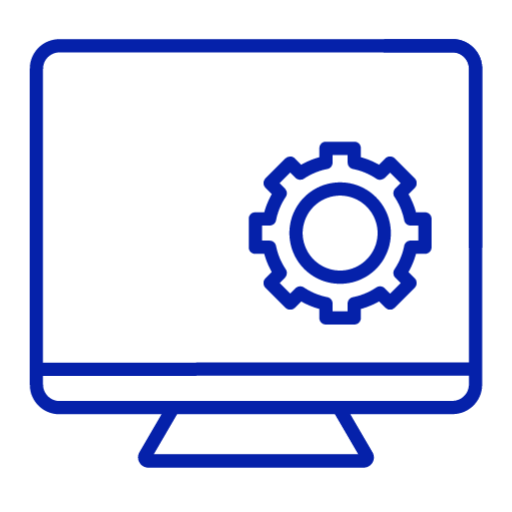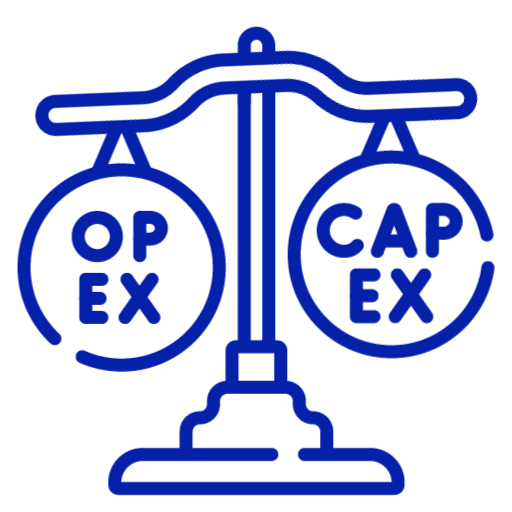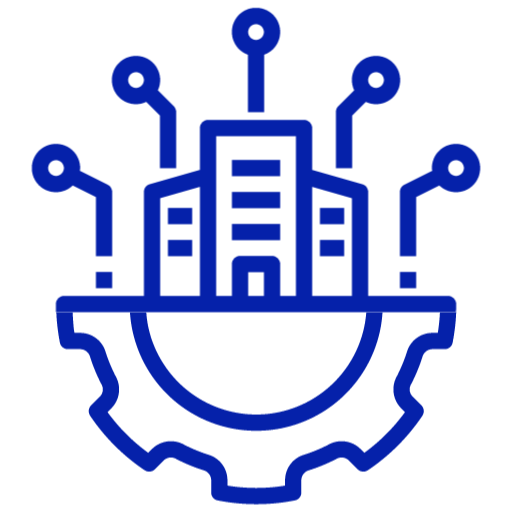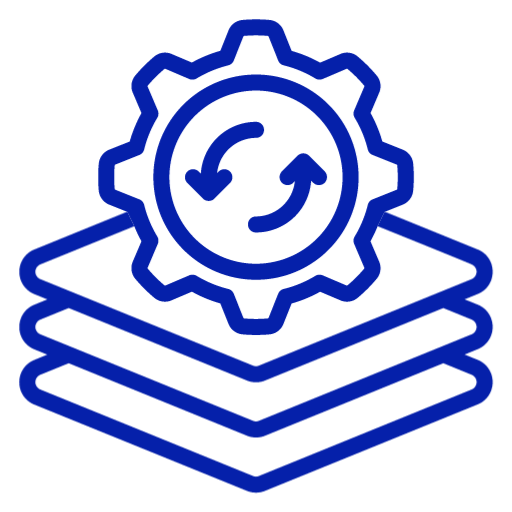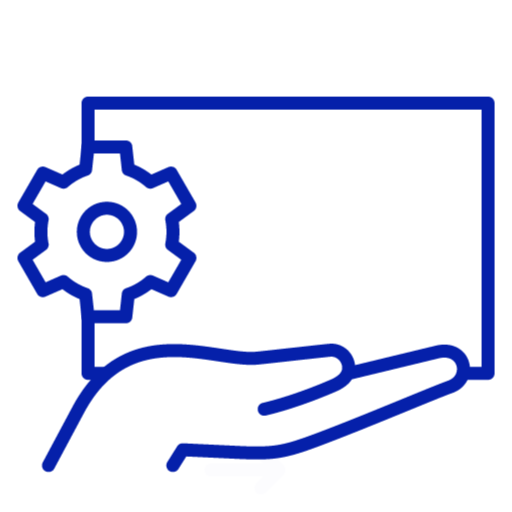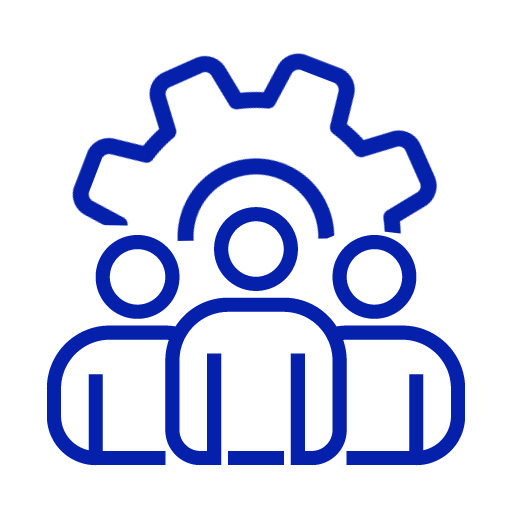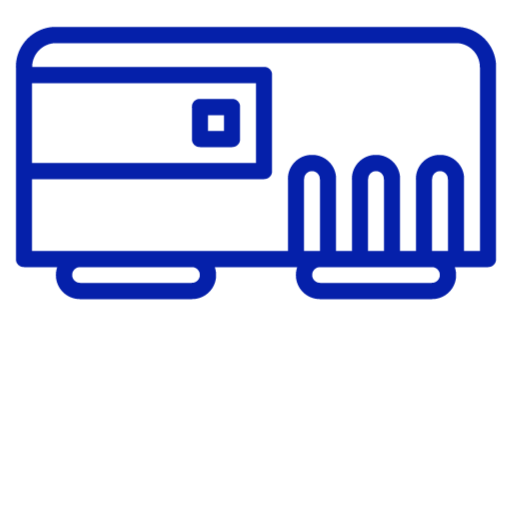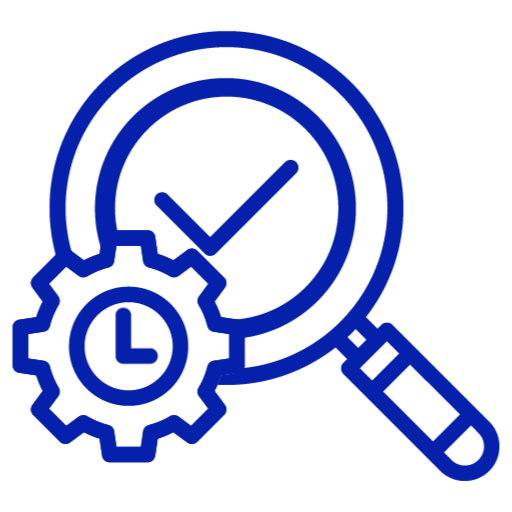Data integrity reaffirms the pharmaceutical industry’s commitment to manufacturing safe, effective drugs that satisfy quality standards. Simultaneously, data integrity is a vital tool for regulatory authorities to employ in protecting public health. Recent FDA Form-483 observations and warning letters reveal that data integrity is the major issue the pharmaceutical industry is currently dealing with.
Failure to comply with data integrity requirements may result in many un-validated results, which may cause post-marketing issues and frequent product recalls. Therefore a comprehensive approach is necessary to address the underlying causes of data integrity problems, which lead to poor quality culture, organizational or individual behavior, leadership, processes, or technology.
Therefore, appropriate software is vital for enforcing practices necessary for compliance and easing the burden for both parties. This software’s functionality supports audit trail maintenance and review and streamlines systems to enhance productivity.
Industry trends shaping audit demands
In recent years, the focus on data integrity has intensified, followed by warning letters, notices of concern and statements of non-compliance. Authorities seek to reduce incidents of poor data integrity by promoting transparency and revamping regulatory guidelines related to pharmaceutical manufacturing. Electronic data systems have overtaken paper as part of the shift towards greater transparency, making data increasingly searchable, accurate, and difficult to forge.
The enforcement of ever-evolving audit trail regulations is driven by one underlying factor, which is the demand for high-quality products. To this end, the US Food and Drug Administration (FDA) is considering novel strategies for incentivizing mature quality management systems. Moreover, FDA has suggested introducing a rating system for pharmaceutical companies. Here, they can reveal a rating indicative of their commitment to establishing quality management systems that help anticipate problems before they arise. As a result, this move would provide companies with robust quality management maturity and competitive advantage, potentially allowing them to grow their market share.
Data integrity is essential for reshaping the pharmaceutical industry and triggering significant innovation to ensure the information’s reliability and trustworthiness. In the future, the significance of implementing measures and practices that frame the integrity of the collected data through the whole life cycle of a product will increase. Now, companies that have started implementing the DI practices and a DI program will likely gain considerable advantages over their competitors.
Certainly, here are some points highlighting how achieving data integrity is facilitated by using an electronic Document Management System (eDMS) in the pharmaceutical industry:
- Centralized Storage: eDMS provides a centralized repository for all documents and data, ensuring easy access, retrieval, and management of critical information.
- Version Control: The system records document versions, revisions, and updates, minimizing the risk of using outdated or incorrect information.
- Audit Trail: eDMS creates an electronic audit trail that captures user actions, edits, and document history, offering transparency and accountability.
- Role-based Access: Access controls and permissions are enforced, limiting document access to authorized personnel enhancing security and confidentiality.
- Electronic Signatures: Digital signatures add an extra layer of authenticity to documents, making them legally binding and tamper-proof.
- Workflow Automation: Automated approval workflows streamline document review and approval processes, reducing human errors and accelerating document lifecycle.
- Data Integrity Checks: eDMS can include built-in data integrity checks to ensure accurate data entry and prevent inconsistencies.
- Validation and Compliance: eDMS platforms can be validated to comply with industry regulations like 21 CFR Part 11, EU Annex 11, and GxP guidelines.
- Reduced Paper Usage: By transitioning from paper-based to electronic processes, errors due to manual data entry are minimized.
- Real-time Collaboration: Teams can collaborate on documents simultaneously, promoting real-time feedback and updates while maintaining data integrity.
- Search and Retrieval: Advanced search capabilities in eDMS enable quick retrieval of documents, reducing time spent on data searches.
- Backup and Disaster Recovery: eDMS systems often include data backup and recovery mechanisms, safeguarding documents against loss or corruption.
- Regular Audits: The system supports regular audits and inspections, ensuring data integrity and regulatory standards compliance.
- Data Validation: eDMS can include validation checks to ensure data accuracy, completeness, and adherence to predefined formats.
- Training Records: eDMS can manage training records, ensuring that personnel accessing documents are adequately trained and qualified.
- Consistency Across Sites: Multisite organizations benefit from standardized processes and data integrity practices across various locations.
Compliance and workflows are made easy with Amplelogic’s Document Management System (DMS)
The pharmaceutical industry is under immense pressure to show greater transparency and data integrity to provide a reliable supply of high-quality pharmaceutical products. Accurate and evolving audit trail regulations reflect the necessity to safeguard public health and represent a primary challenge for manufacturers. To remain compliant, manufacturers demand software systems qualified to handle all datasets without compromising productivity. Therefore, implementing an Amplelogic DMS helps you to achieve compliance, simplify audit trail reviews and enhance workflows.
Here are a few features of Amplelogic’s DMS to simplify compliance and audit trail reviews:
- A user can develop templates for any document kinds, and the workflow can be set according to the SOP.
- It keeps track of the most recent version of every document created and makes it easy to access that version.
- Integrates with other systems, such as Quality Management Systems (QMS), Learning Management Systems (LMS), and so on, to simplify document preparation and handling.
- The dashboard displays all the pending tasks of the end user.
- An archiving mechanism helps the data to be archived at a predetermined time frequency based on the company’s SOP.
To learn more about our software, click on this link to explore.









